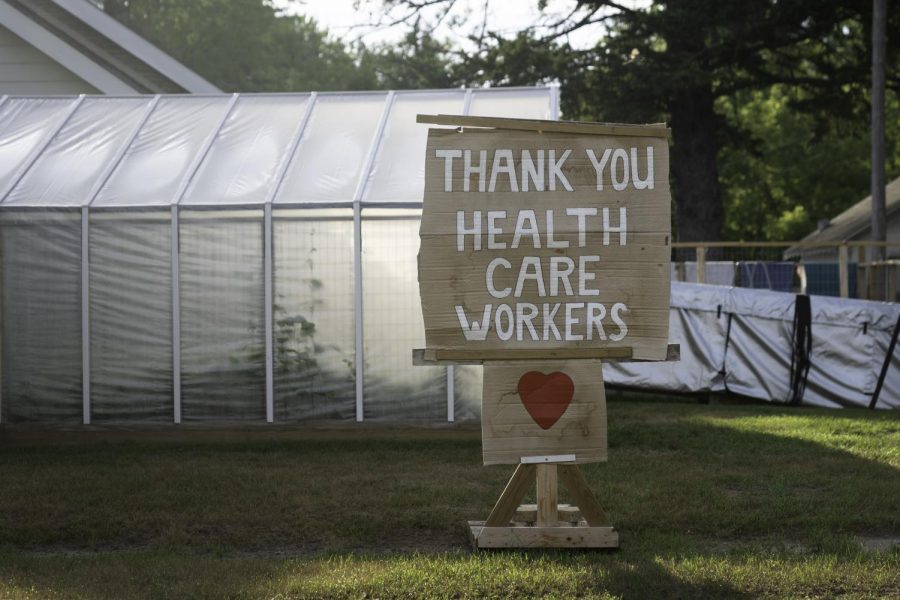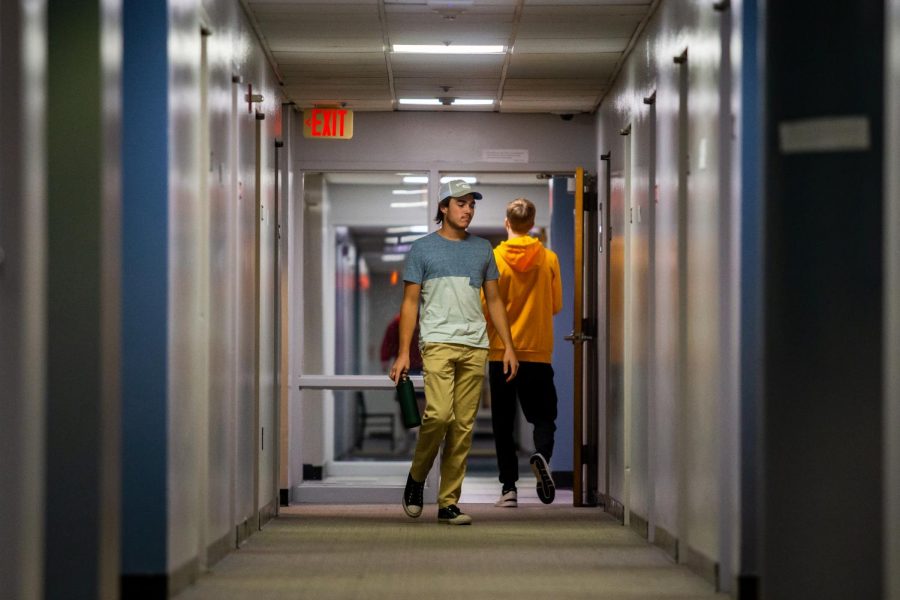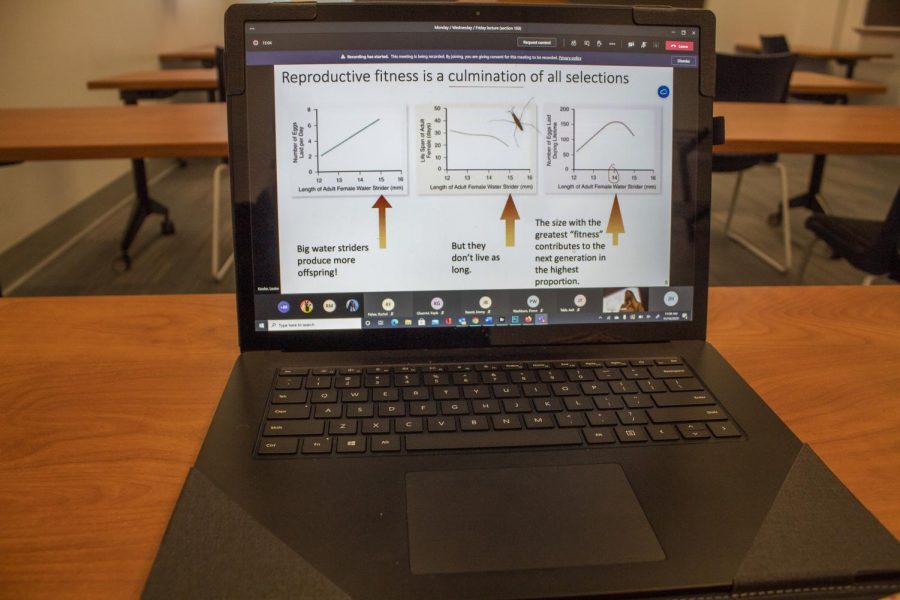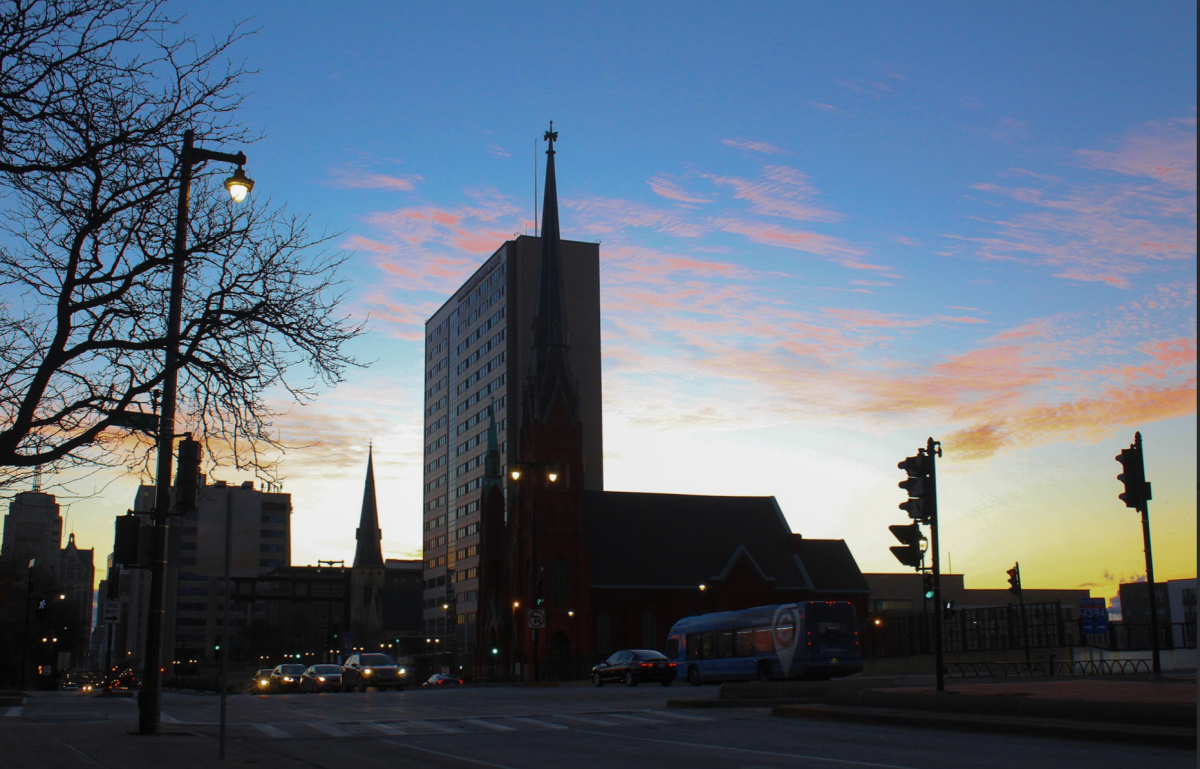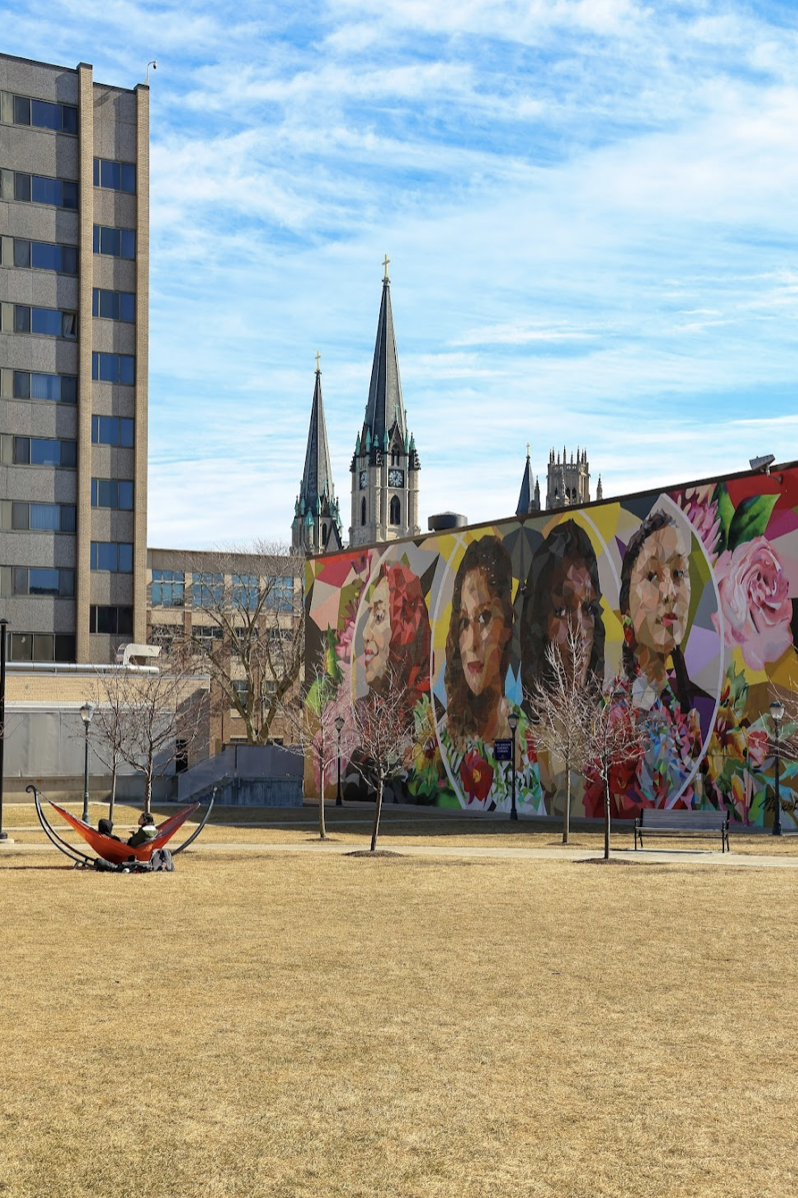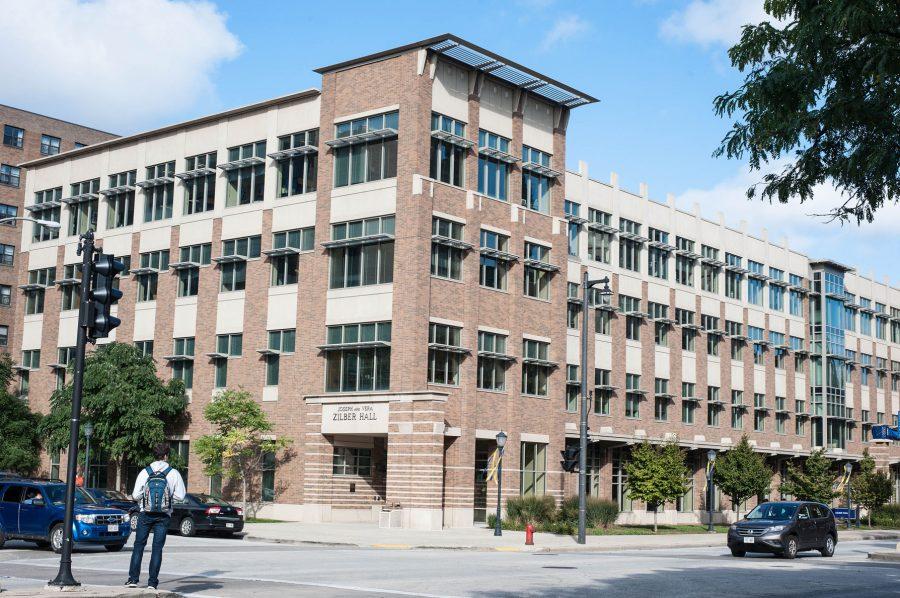Millions of jobs across the United States remain unfilled, limiting access to services and consumer products. Despite the high availability of jobs, many workers are not taking them. Instead, they are calling for better wages. Marquette University must address the impact of this labor shortage on campus by offering higher wages for all student-workers.
According to Federal Reserve Economic Data, there were approximately 9.6 million unfilled job vacancies in the U.S. for the second quarter of 2021, which was from April 1 to June 30. This is the highest number of unfilled job vacancies over the past 20 years. Even at the height of the COVID-19 pandemic in 2020, the number of unfilled job vacancies was only approximately 6.5 million for the second quarter.
A significant reason that the U.S. is experiencing a large labor shortage is that workers are demanding higher wages. While some cities and states continue to have low minimum wages, others are responding to this call for a higher minimum wage.
Many workers are calling for an increase of the federal minimum wage from $7.25 to $15, which would increase the yearly salary for minimum-wage jobs from approximately $15,000 to approximately $31,000.
As of July 1, the hourly minimum wage in Chicago is $15 for employers that have 21 or more employees. For employers with four to 20 employees, the hourly minimum wage is $14. If the employer works within a tipped profession, the hourly minimum wage if they have 21 or more employees is $9, and $8.40 if they have four to 20 employees. Additionally, the employer must make up the difference if the employee’s hourly wages plus tips don’t add up to the full minimum wage.
Only an hour and a half north of Chicago, the reality is different for Milwaukee workers. In Milwaukee, the hourly minimum wage is $7.25, and if the employer is in a tipped industry, the hourly minimum wage is $2.33.
Despite Milwaukee and Chicago having different costs of living, with Milwaukee’s average cost of living being $1,686 a month and Chicago’s average cost of living being $2,241 a month, the large discrepancy in minimum wage is alarming.
Marquette is also experiencing the impacts of this labor shortage, apparent through a lack of LIMO drivers and updated hours of operation at The Brew locations.
Many students may be feeling the national sentiment of workers to be paid a better living wage, especially if they are financially supporting themselves and paying for college. This is especially important considering the university increased the tuition by 2% for the 2022-23 school year.
At Marquette, there are five different wage levels for on-campus jobs, ranging from $7.25 to $15 an hour. As the wage levels increase, the skill level and necessary training increase.
While some students get paid $15 an hour for working on campus, many students do not, which may force them to work two or three jobs, depending on their financial situations.
Having to resort to working multiple low-paying jobs should not be the solution for student-workers needing to work, as it is often not feasible for students because they have to balance coursework, extracurriculars and social life. Due to a shortage of student-workers, many students are having to work odd hours and pick up more shifts. This is also unrealistic and unfair, especially when students cannot work more than 20 hours a week for an on-campus job during a school session.
There is a persisting stigma in U.S. culture that constantly working, or working multiple jobs to support yourself is admirable. While people should be commended for their tenacity and perseverance, they should not have to work multiple jobs just to support themselves, they should be paid more.
Marquette needs to increase the wages it pays students in order to ensure it is financially supporting them, as well as upholds its foundational value of cura personalis.
Failing to care for the entire well-being of student-workers will not only harm them, but it will also ignore the Catholic social teachings that the economy should serve the people, not the other way around.
Editorial topics by the Marquette Wire are decided at weekly meetings between members of the executive board. The editorial is crafted with leadership by the executive opinions editor. The executive board consists of the executive director of the Wire, managing editor of the Marquette Tribune, managing editor of the Marquette Journal, general manager of MUTV, general manager of MUR and ten additional top editors across the organization.




